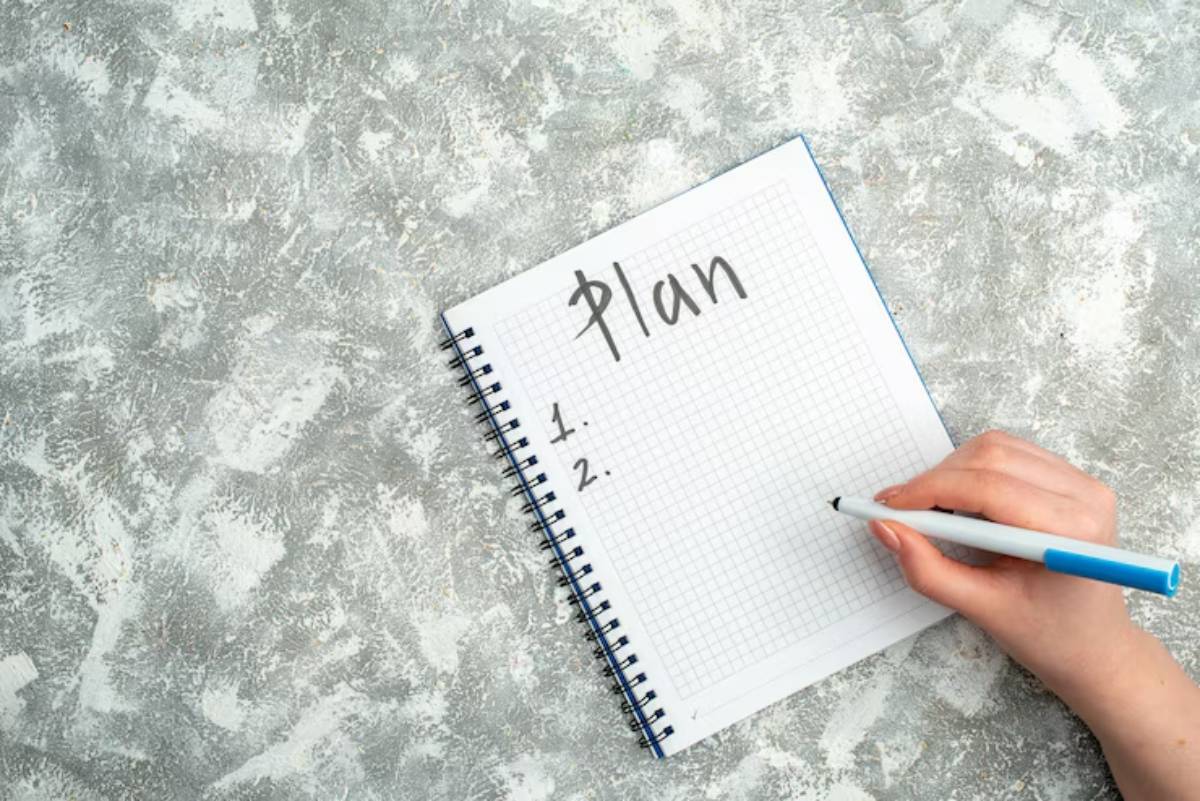
How Poor Sleep Encourages Delay: Understanding the Sleep-Procrastination Cycle
Have you ever had a sluggish morning after a night of tossing and turning? You’re not alone, and the consequences often extend far beyond a bit of yawning. When sleep falters, so does our ability to stay focused, energised, and productive. Many underestimate how directly poor sleep impacts motivation and increases the likelihood of procrastination.
Delaying tasks isn’t just laziness or poor time management in today’s fast-paced environment. It’s often a deeper issue tied to energy levels and mental recovery. This article explores the connection between sleep quality and chronic delay, highlighting how your nightly habits can fuel or fix your productivity woes. You’ll walk away with a clearer understanding of why rest isn’t optional — it’s essential to getting things done.
The Science Linking Sleep and Motivation
Why We Need Sleep for Mental Performance

Sleep is not merely passive; it’s when your brain resets, repairs, and refuels. During deep and REM sleep stages, your body performs crucial cognitive maintenance:
- Memory consolidation
- Emotional regulation
- Neural detoxification
Lack of proper rest disrupts these processes, leading to impaired judgment, lower stress tolerance, and slower decision-making — all of which contribute to energy and procrastination problems.
Brain Fog, Lethargy, and Delay
When sleep is poor, mental fog sets in. This makes even simple tasks feel overwhelming. Your executive functions — planning, prioritising, and self-control — become compromised. According to a study published in the Journal of Neuroscience, sleep deprivation impacts the prefrontal cortex, the brain area responsible for goal-directed behaviour—no wonder you’re more likely to avoid tasks after a stormy night’s sleep.
How Sleep Deprivation Undermines Task Initiation
Reduced Cognitive Energy = Lower Drive
Procrastination is not always a matter of willpower — often, it’s a matter of low energy. Sleep-deprived individuals experience a measurable drop in dopamine sensitivity. Dopamine is critical for motivation, reward anticipation, and task initiation. Without it, tasks feel unappealing, and delays become more likely.
Key insight: When running on low fuel, your brain seeks comfort rather than challenge. This leads to habits like scrolling instead of starting work.
Mental Recovery Isn’t Optional
Sleep acts as an internal recovery system. Much like a phone that needs charging, your mental faculties must be restored daily. Without proper recovery, you develop an accumulation of cognitive fatigue. This chronic tiredness affects your work quality and can trigger emotional avoidance, a key factor in procrastination.
If emotional overwhelm is part of your delay pattern, you might explore emotional avoidance as a root cause of procrastination.
The Role of Circadian Rhythms and Sleep Timing
Night Owls and Morning Delays
Everyone has a circadian rhythm—a biological clock that determines when they’re most alert. However, those with irregular sleep patterns or a preference for late nights may find mornings difficult. These disruptions can impair time management and delay productivity peaks.
In a study from Sleep Health Journal, irregular bedtimes were associated with lower academic performance and higher rates of procrastination in university students. This correlation shows that sleep timing matters as much as duration.
Social Jet Lag and Productivity
Social jet lag refers to the mismatch between biological clocks and societal schedules. For example, catching up on sleep during weekends but waking early on weekdays can disrupt sleep consistency. This imbalance can:
- Reduce alertness during critical working hours
- Increase irritability and cognitive fatigue
- Reinforce habits of avoidance and delay
Energy and Procrastination: The Vicious Cycle
Daytime Fatigue Leads to More Delay

Sleep deprivation sets off a chain reaction:
- Lack of energy in the morning
- Decreased task initiation
- Missed goals or mounting to-do lists
- Stress and emotional burnout
- Poorer sleep the next night
This vicious cycle becomes self-perpetuating. Without intervention, you could find yourself in a loop where low energy feeds procrastination, which worsens your sleep quality.
Coping Mechanisms That Backfire
Common ways people try to compensate for poor sleep include:
- Caffeine overuse, which disrupts natural sleep later
- Power naps too late in the day
- Working late to catch up, perpetuating sleep loss
These methods offer temporary relief but often lead to long-term disruption of energy and motivation.
Improving Sleep to Reduce Delay
Building a Sleep-Friendly Evening Routine
To break the cycle, start with your evenings. Your bedtime routine sets the tone for the next day.
Try:
- Consistent sleep and wake times (even on weekends)
- Limiting screens 1 hour before bed
- A relaxing ritual,like reading or gentle stretching
- Dark, quiet sleep environments free of interruptions
These habits help your body anticipate rest, leading to improved sleep quality.
Boosting Morning Energy Naturally
While quality sleep is the foundation, how you begin your day also matters.
Consider these morning habits:
- Natural light exposure to reset your circadian rhythm
- Hydration is the first thing to re-energise your body
- A protein-rich breakfast to sustain focus
You may also benefit from strategies like morning energy routines that strengthen your start-of-day momentum.
Read more on how to build a morning routine that prevents procrastination.
Real-Life Examples: Sleep and Productivity in Action
The Freelancer with Inconsistent Hours
A freelance designer struggled with missed deadlines and motivation dips. After tracking her habits, she realised she averaged just five hours of fragmented sleep per night. By enforcing a strict 10:30 PM bedtime and using blue-light blockers, she improved her energy, started work earlier, and dramatically reduced her project delays.
The Overworked Parent
A father juggling work and parenting found himself procrastinating on late-night tasks. Despite being exhausted, he stayed up watching television as an escape. This “revenge bedtime procrastination” left him drained the next day. After implementing a wind-down routine and cutting screen time, he reported feeling more alert and productive in the mornings.
Conclusion: Sleep First, Productivity Follows
You may be tempted to shave an hour or two off sleep to squeeze more into your day, but the evidence is clear: quality sleep is non-negotiable for sustained motivation and reduced procrastination. Poor sleep disrupts focus, weakens emotional resilience, and fuels delay, often without you realising the root cause.
You take an important step toward reclaiming your time and focus by prioritising mental recovery, regulating your sleep routine, and aligning your natural energy patterns with your daily tasks. Minor adjustments in your sleep habits can significantly improve your productivity and overall well-being.
So tonight, consider going to bed a little earlier; your future self will thank you.


